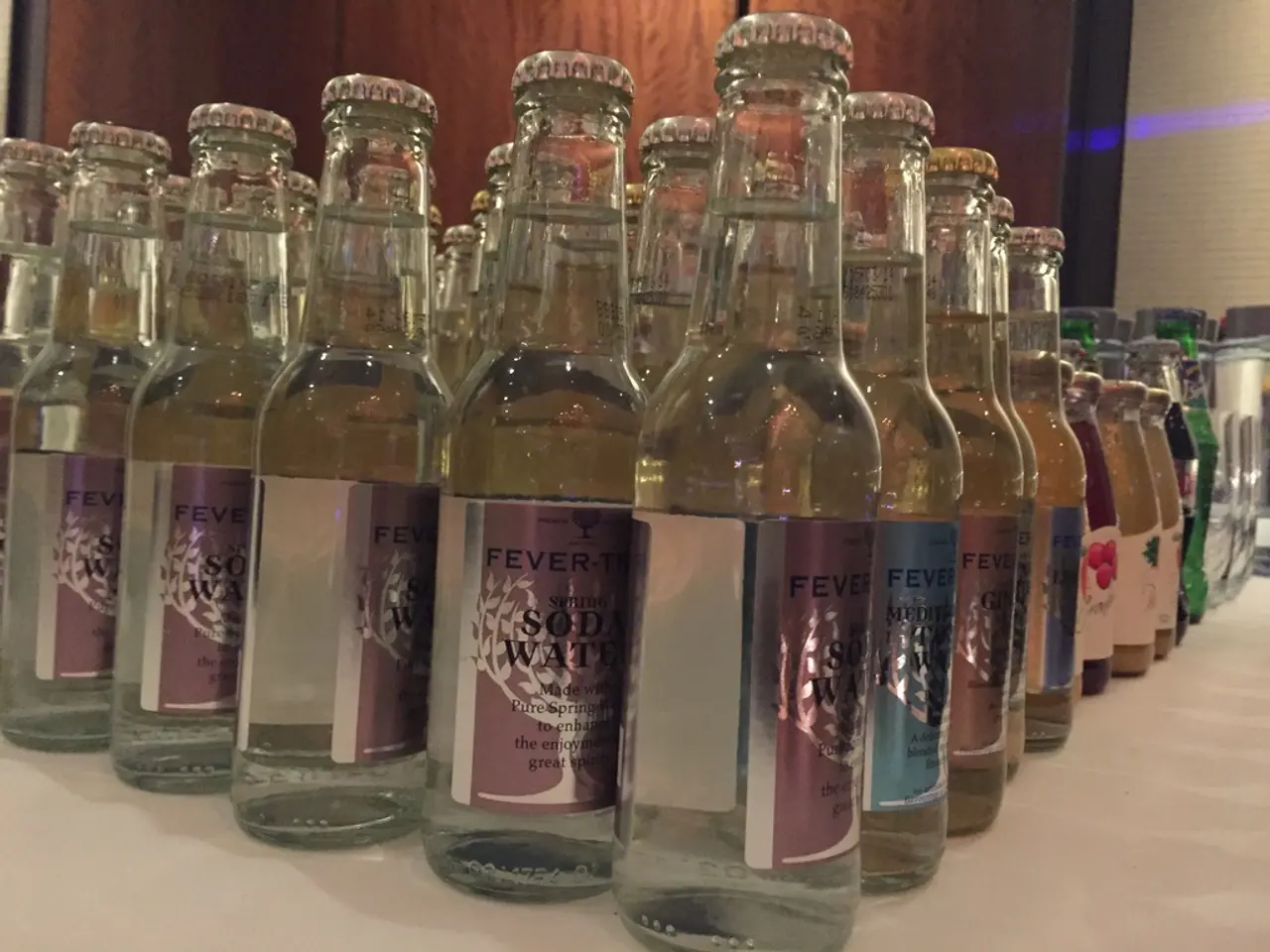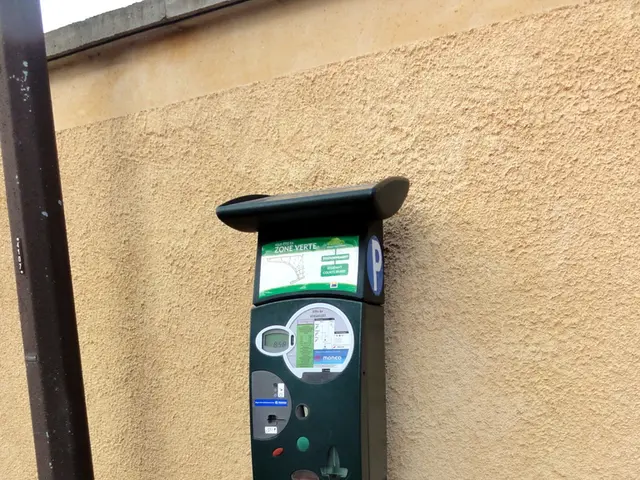PFAS in German Tap Water: Study Sparks Safety Debate and Official Reassurances
A recent study by BUND has sparked controversy. It found PFAS residues in 42 out of 46 drinking water samples across Germany, with some exceeding future limits. However, the German Association of Energy and Water Industries (BDEW) assures the public that German drinking water remains safe.
BUND's study collected 46 random drinking water samples from various locations, including Grevenbroich, Krefeld, Zeuthen in Brandenburg, Ludwigslust and Güstrow in Mecklenburg-Vorpommern, and six sites in Mecklenburg-Vorpommern. These samples were taken from households and represent local, specific situations, not the entire picture in each city.
SPD lawmaker Dunja Kreiser has criticized the study. She argues that household plumbing can affect measured PFAS values in water samples. Kreiser also questions the professionalism and representativeness of the sampling process. She maintains that German drinking water is safe and complies with current regulatory limits.
BUND's study raises concerns about PFAS residues in German drinking water. However, the BDEW assures safety, and SPD lawmaker Dunja Kreiser criticizes the study's methodology. The debate continues, but German drinking water remains within current safety limits.
Read also:
- American teenagers taking up farming roles previously filled by immigrants, a concept revisited from 1965's labor market shift.
- Weekly affairs in the German Federal Parliament (Bundestag)
- Landslide claims seven lives, injures six individuals while they work to restore a water channel in the northern region of Pakistan
- Escalating conflict in Sudan has prompted the United Nations to announce a critical gender crisis, highlighting the disproportionate impact of the ongoing violence on women and girls.






